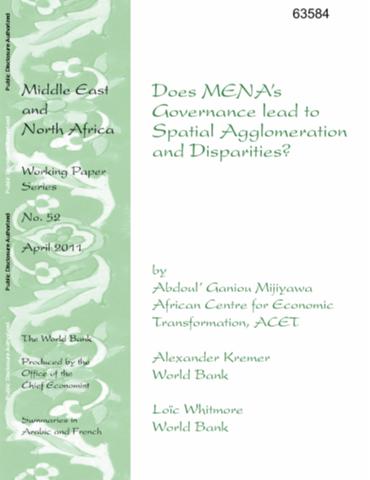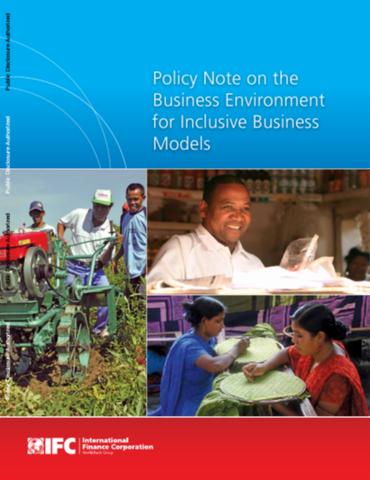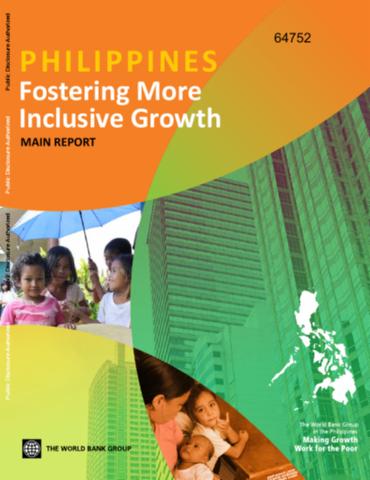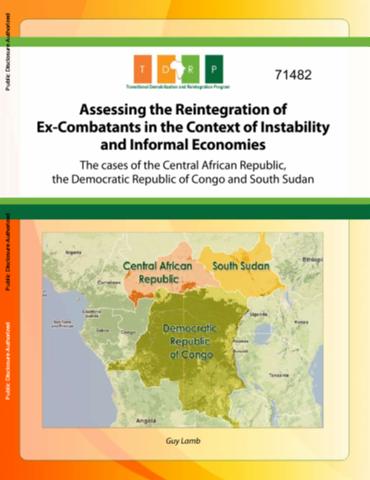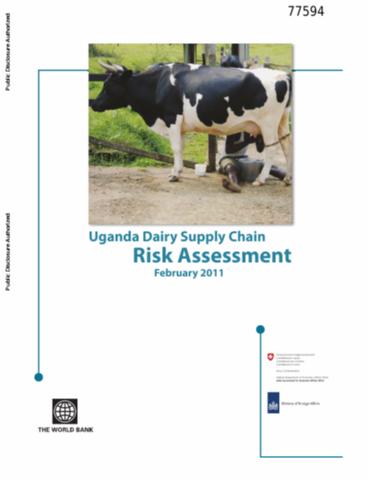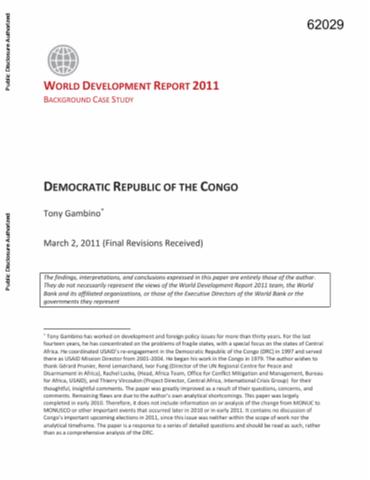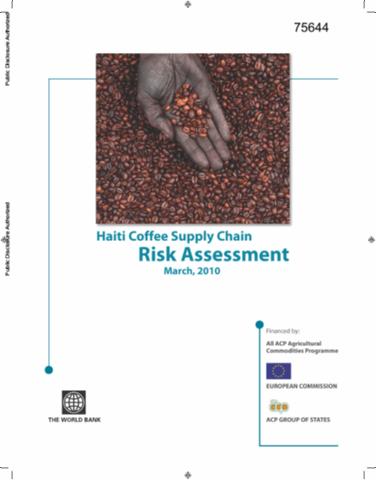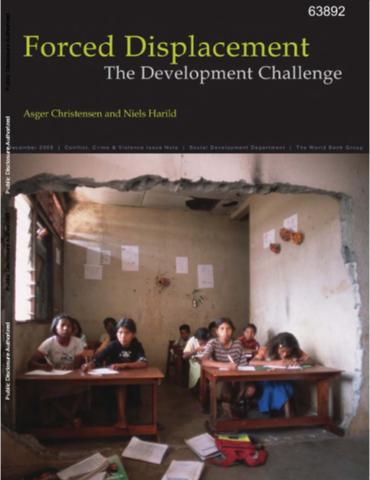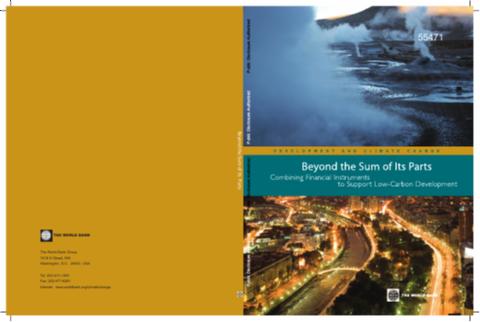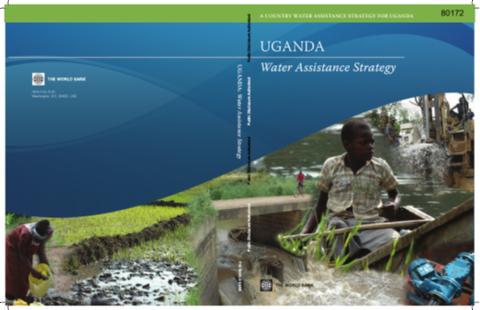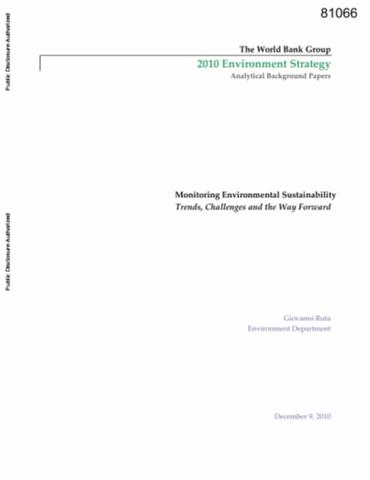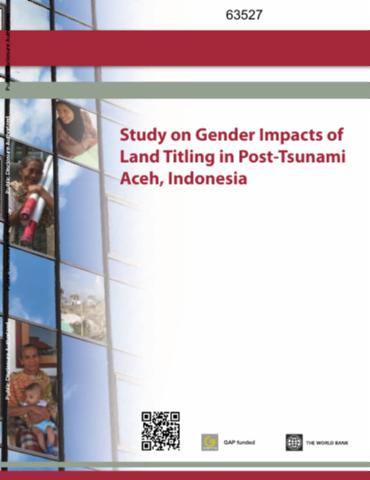Does MENA's Governance Lead to Spatial Agglomeration and Disparities?
In this paper the author analyze the link between spatial agglomeration, spatial disparities and political governance with an emphasis on the Middle East and North Africa (MENA) region. The agglomeration index and the urban-rural consumption ratio are used respectively as a measurement of spatial agglomeration and spatial disparities. The author distinguishes two aspects of political governance: political rights and political stability.

